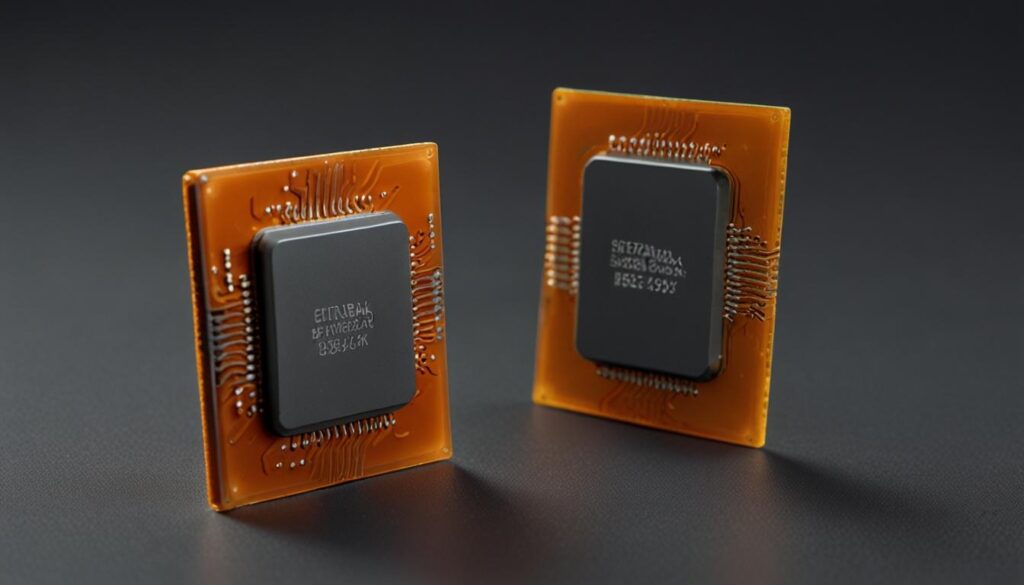SoftBank founder Masayoshi Son’s strategic investments in Arm have driven significant growth in the company’s performance, posing a challenge for activist investor Elliott Management’s proposed $15 billion share buyback. This shift reflects SoftBank’s improved financial health and focused investment approach, marking a departure from its previous struggles with failed investments.
SoftBank founder Masayoshi Son has seen a significant boost in the company’s performance, largely driven by the rising market value of its investment in US-listed chip designer Arm. This development has improved SoftBank’s earnings and Son’s reputation, which had previously suffered due to a series of failed investments.
Elliott Management, a US-based activist investor, has recently rebuilt a substantial stake in SoftBank, valued at over $2 billion. Elliott is advocating for a $15 billion share buyback. This marks the second time Elliott has targeted SoftBank; in 2020, it held a roughly $3 billion position and pushed for a $20 billion buyback.
Previously, Son had limited options against investor dissatisfaction due to declining investment valuations, particularly those in companies like Uber and Slack. During that time, SoftBank’s investments ranged across various sectors, leading to poor financial performance. Even Arm was not seen as a promising investment back then, with its revenue heavily dependent on the declining smartphone market.
Currently, SoftBank’s shares have increased by 56% this year and trade at more than 50 times forward earnings. The company’s net asset value reached a record high of ¥27.8 trillion at the end of March, doubling from the previous year, primarily due to the rise in Arm’s market value.
Today, SoftBank’s asset holdings have shifted focus, with Arm accounting for about half of the total, compared to nearly half being in Alibaba four years ago. SoftBank has also narrowed its investments to focus on AI and chip-related themes, posing a challenge for Elliott’s call for buybacks.
Elliott faces a tougher task in persuading SoftBank to implement its proposed buyback, given the company’s improved financial health and focused investment strategy.










